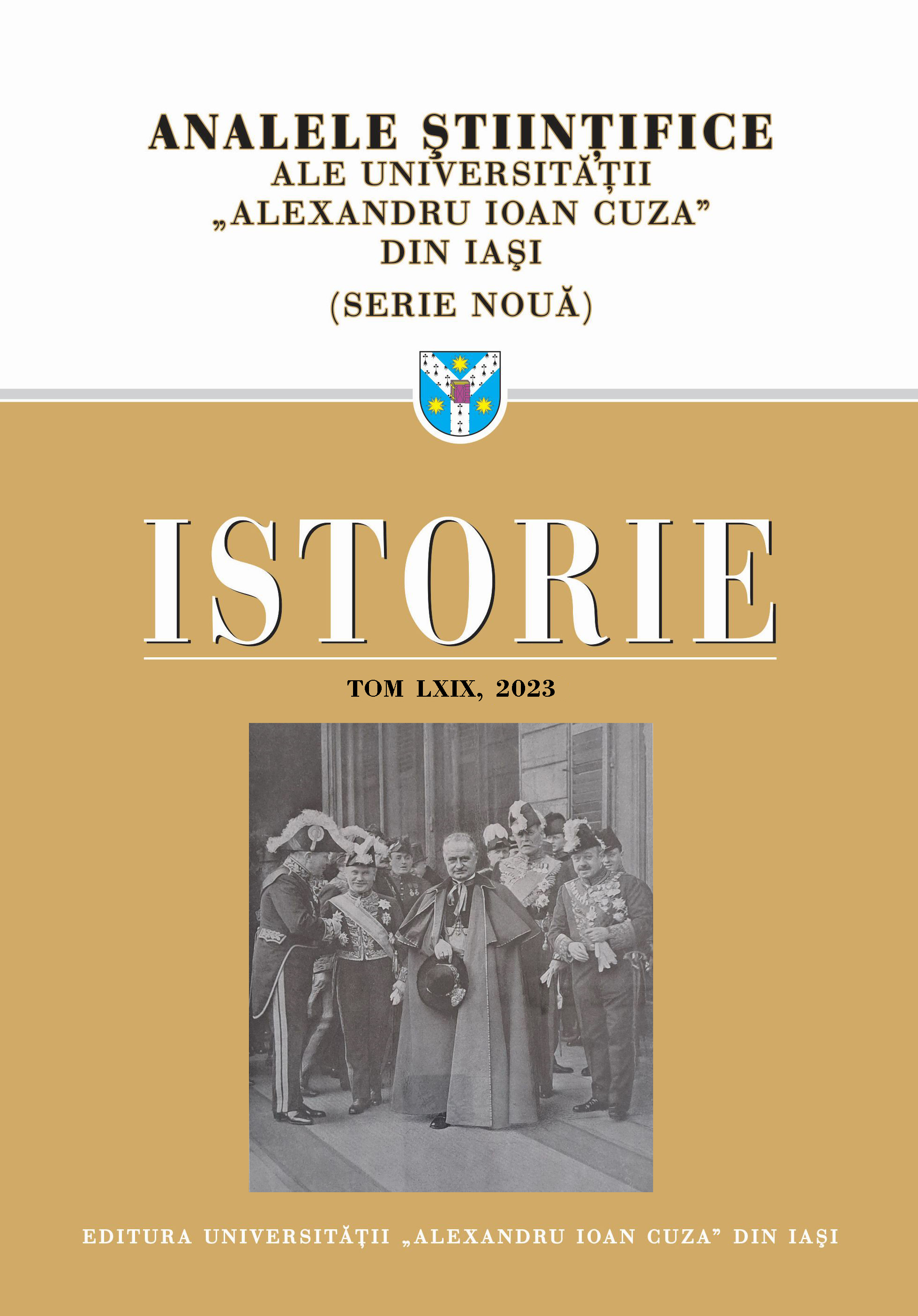Ofensiva Brusilov: catalizator al negocierilor şi al intrării României în război? Câteva ipoteze istoriografice
The Brusilov Offensive: catalyst for negotiations and Romania’s entry into the war? Some historiographical hypotheses
Author(s): Iana BalanSubject(s): History, Diplomatic history, Political history, Pre-WW I & WW I (1900 -1919)
Published by: Editura Universităţii »Alexandru Ioan Cuza« din Iaşi
Keywords: First World War; Brusilov offensive; General Alexei Brusilov; Romania’s entry into the war;
Summary/Abstract: General Alexei Brusilov’s offensive was one of the outstanding operations of the Russian Army in the First World War. Through the novelty elements and the proposed strategic operations, this operation provided study material for the following generations and stood out with its innovative techniques. Its impact and results have brought positive opinions but also criticism. From a fast and favorable start, it would lose its intensity and lead to massive losses on the part of the Russians that would mark the Russian Army and bring a new wave of criticism towards Tsar Nicholas II, who took over its leadership in the summer of 1915. Among the discussions regarding the impact and effects of the Brusilov offensive were also discussions related to its progress and Romania's entry into the war. Romanian, Western, and Russian historians have come up with different hypotheses, and opinions are divided. Some historians believe that the Brusilov offensive was a direct catalyst for the negotiations and Bucharest’s final decision to enter the war. While other historians believe that it played an insignificant role.In fact, Bucharest’s decision to submit the declaration of war in Vienna was caused by multiple factors. But the two years of neutrality and negotiations with the Entente Powers and the situation in August 1916 were much more complex than the Brusilov offensive, which had already lost its intensity. In fact, in the general context, the allies had yielded and were prone to yield to the Romanian cause. The situation at the front, the fear of the collapse of the Austro-Hungarian army, and a separate peace with Vienna as a result of the Brusilov offensive, which would have led to the loss of a reason for Romania’s intervention, determined Romania's entry into the war.
Journal: Analele Ştiinţifice ale Universităţii »Alexandru Ioan Cuza« din Iaşi. Istorie
- Issue Year: 2023
- Issue No: 69
- Page Range: 191-206
- Page Count: 16
- Language: Romanian

